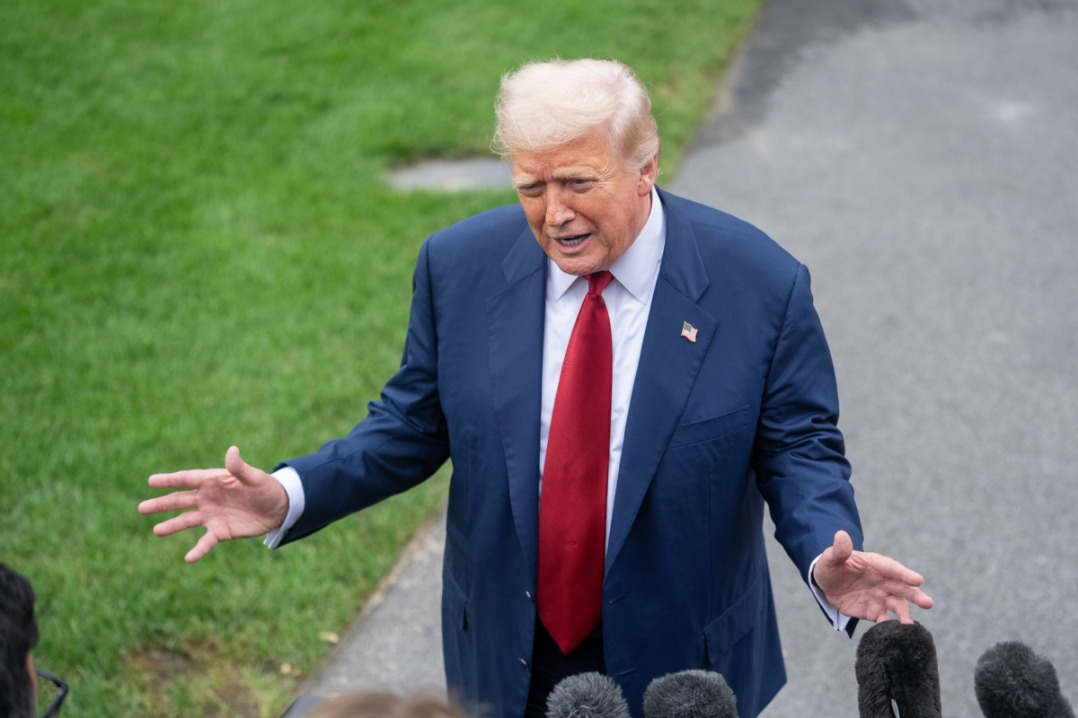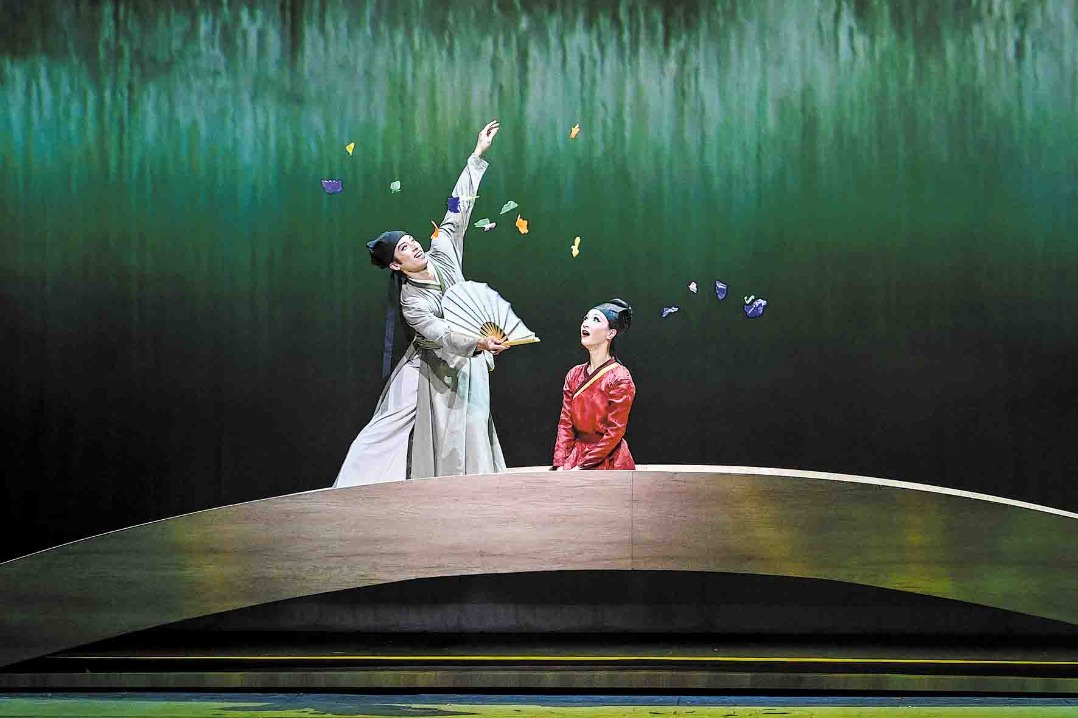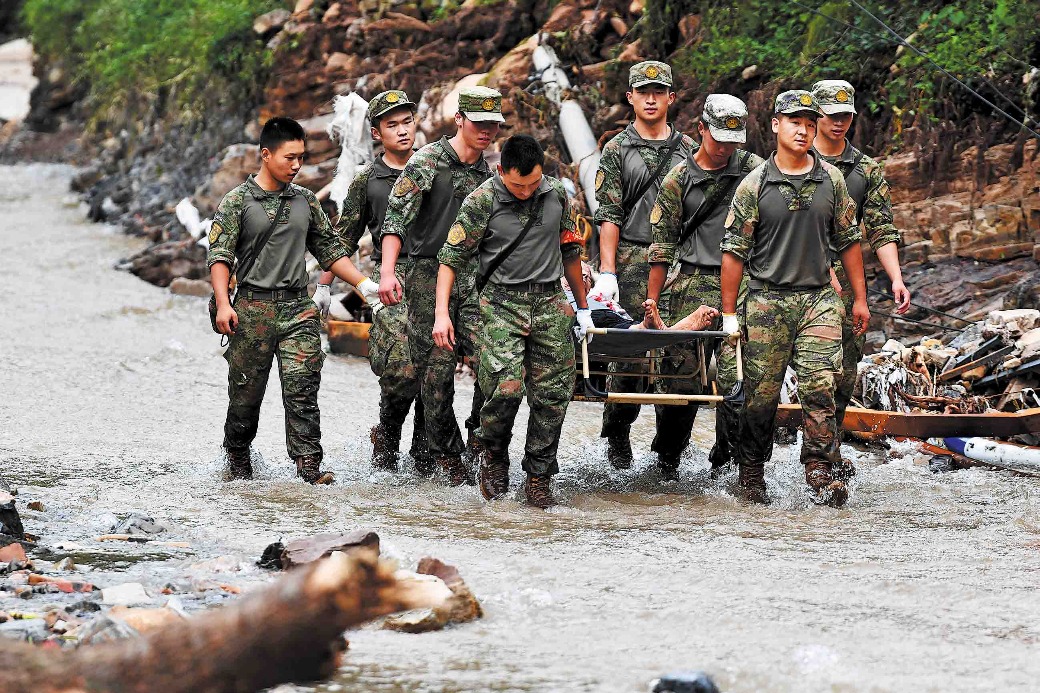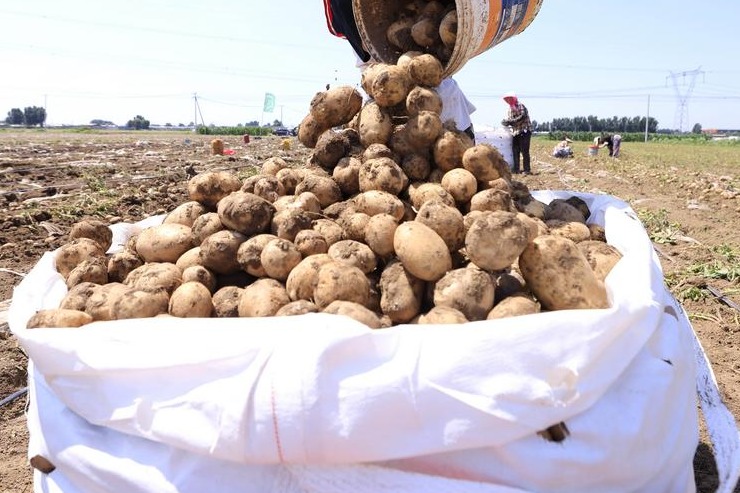Political uncertainties shroud NATO summit
Doubts remain over Biden's fitness as leaders grapple with Ukraine support

WASHINGTON — NATO leaders met on Wednesday for their 75th anniversary, seeking ways to ramp up support for Ukraine as political uncertainties in the West stir up new concerns.
US President Joe Biden kicked off the summit on Tuesday evening by announcing Washington will provide Ukraine with an additional Patriot air defense system. The pledge came on top of two new Patriot systems already being given by Germany and Romania, and one the Netherlands has said it is putting together with parts from other allies.
The air defenses "will help to protect Ukrainian cities, civilians and soldiers", Biden said in a joint statement with other leaders, adding that they would look to send dozens more shorter range systems in the coming months.
Biden, 81, has endured 12 days of withering questions about his fitness for office as some of his fellow Democrats on Capitol Hill and campaign donors fear that he will lose the Nov 5 election, after a halting debate performance against Donald Trump last month.
Reading from a teleprompter, he spoke forcefully about the "moment in history", making almost none of the verbal stumbles that made the June 27 debate so painful for his supporters to watch.
As the 32-member alliance sought to project unity and strength, doubts swirled over the political future of the most powerful leader in the bloc.
Trump weighs in
NATO members in Europe are nervously eyeing a potential return to the White House by Trump after November's election.
Trump has suggested that, given a second term, he would not defend NATO members if they came under military attack and did not meet the alliance's defense spending target of 2 percent of their annual GDP. He has also questioned the amount of aid given to Ukraine.
In a post on his Truth Social network, Trump insisted that he had "made NATO viable again" by forcing European countries to spend more on their own defenses during his term in office.
Biden has invited Ukrainian President Volodymyr Zelensky to the summit as well as the leaders of four key Pacific partners — Australia, Japan, New Zealand and South Korea.
Zelensky thanked Ukraine's backers for the promise of new air defenses and urged the United States and others to go further to help defeat Russia.
The Kremlin said it was following the summit "with the greatest attention ... the rhetoric at the talks and the decisions that will be taken and put on paper".
In addition, Ukraine has been seeking firm assurances that it will one day join NATO, which considers an attack on any member an attack on all.
Ukraine's membership potential enjoys wide backing from Baltic and Eastern European countries, but Biden and German Chancellor Olaf Scholz have led opposition. Worried about dragging NATO closer to war with Russia, the US and Germany have shut down any talk of giving Ukraine a clear invitation to join their alliance.
Instead, diplomats said Kyiv's path to eventual membership may be described as "irreversible" in the summit declaration.
The US is seeking to play down Zelensky's expectations, speaking of creating a "bridge" to membership, but making clear quick entry is not on the cards.
Agencies via Xinhua
Today's Top News
- Unified national market a new growth launchpad
- US deal a structural challenge for Japan
- Industrial prowess of China a subject of serious study
- US new tariffs 'unfair': Experts
- NDRC recalibrating steps to drive growth, boost demand
- Wartime hero's legacy fortifies Sino-UK bond






























